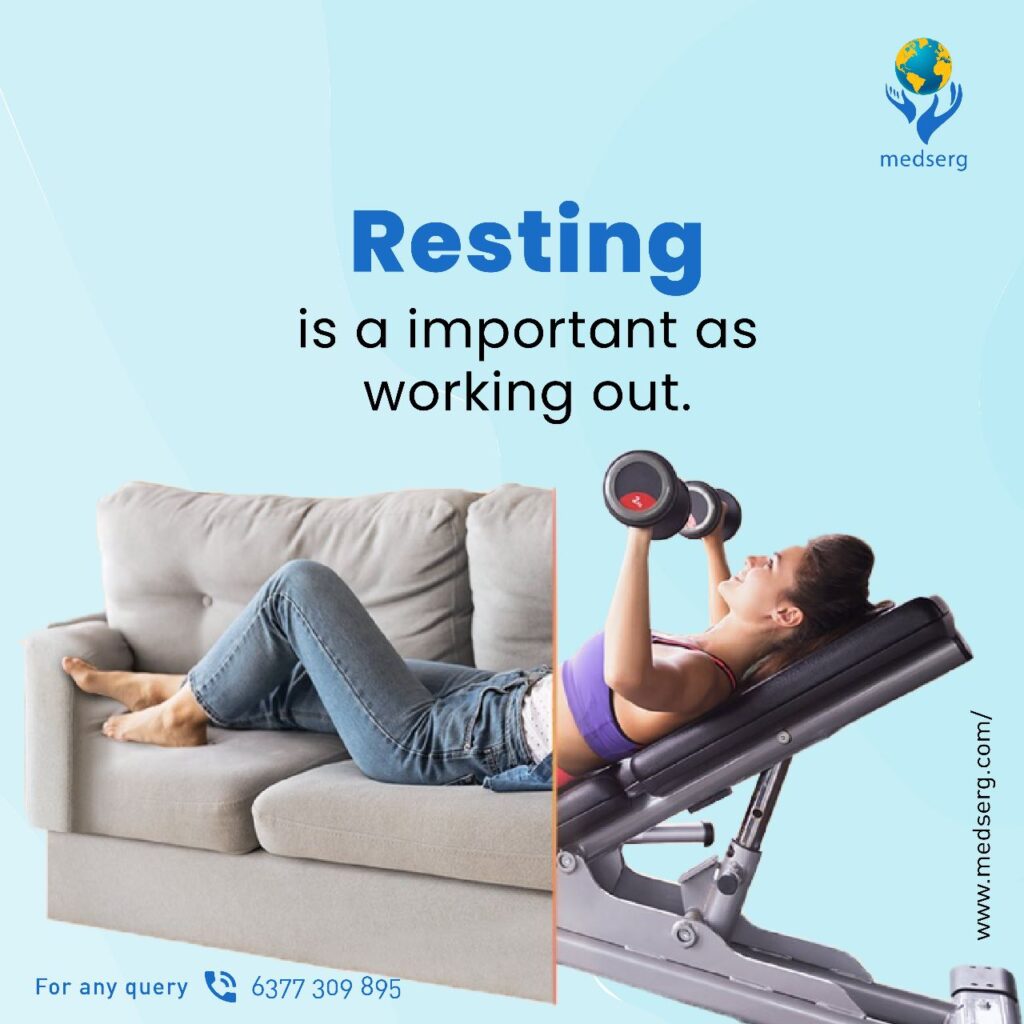When you’re training toward a sporting goal, whether that’s a marathon running, a long-distance triathlon, cycling sportive, or making gains in the gym, taking time off can be harder than it sounds.
Training makes you feel good, it blows away the mental cobwebs after a hard day in the office, and, let’s face it, it’s hard not to compare yourself to others on Strava or Instagram who might be getting in the reps while you’re putting your feet up.
Taking time off can leave you feeling a teensy bit guilty that you’re neglecting your training, and there’s always that nagging doubt that squeezing in just one more workout could be the difference between a PB and an also-ran.
But if you’re a rest-day shirker though, stop right there! There’s a reason everyone – yes, even pro athletes – schedules quality rest into their training schedule.
A rest day is simply a day off from your normal exercise routine. These can be planned or unplanned.
When planning rest days, there’s no set rule for how often you should take them—the answer really depends on your current fitness level, goals, training plan, and biological factors. In general, however, more recovery time is necessary after higher-intensity activities, says Brooks. A HIIT fanatic, for instance, will probably need to take rest days more often than someone who walks for exercise. ACE offers the rest-day guideline of at least one rest day every 7 to 10 days of exercise, but since it’s so individualized, it’s really important to listen to your body and your brain.
How to know when you’re ready to work out again
Sometimes, all you need is just one rest day. Other times, you may need a couple of days off—or more. So how can you determine how much rest is enough? The answer is simple: Listen to your body and your brain. Once you feel like you’ve gotten back to your baseline level of “normal”—that means any severe soreness, pain, or injury has dissipated; you’re feeling hydrated and healthy, and you actually want to work out again—by all means, go for it, says Brooks.
As you resume your typical fitness habits, just remember that rest days should be an integral part of your routine, not a once-in-a-while occurrence. “Rest is undervalued,” says Brooks. “We really need to get the word out that it is an important and useful and helpful component to training.”







